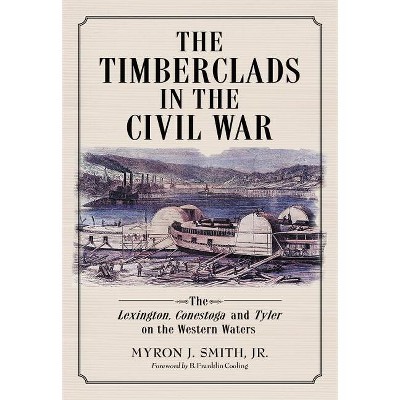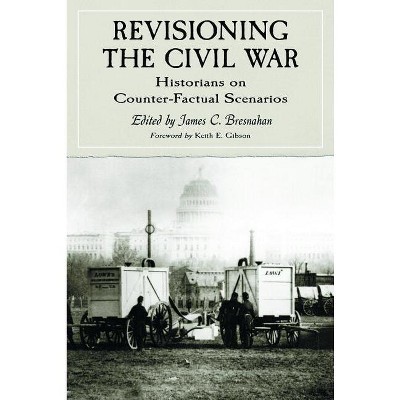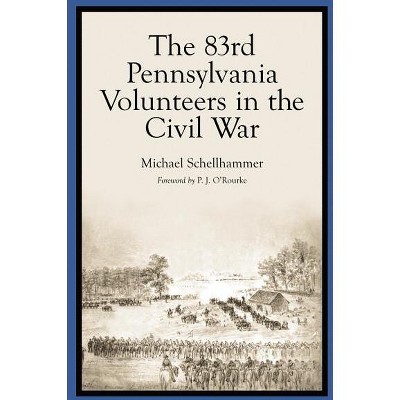Sponsored

The Wilmington & Weldon Railroad Company in the Civil War - by James C Burke (Paperback)
In Stock
Sponsored
About this item
Highlights
- In its early years, the Wilmington & Raleigh Rail Road Company survived multiple threats to its existence.
- About the Author: James C. Burke has published articles in North Carolina Geographer and Railroad History.
- 272 Pages
- History, United States
Description
About the Book
In its early years, the Wilmington & Raleigh Rail Road Company survived multiple threats to its existence. Under its new corporate name, the Wilmington & Weldon Railroad Company would soon be put to the ultimate test, the Civil War. From mobilization to the last effort to supply Lee's Army of Northern Virginia, the company would endure the wearing out of its equipment and rails; the capriciousness and bureaucracy of the Confederate government; sabotage attempts; the gruesome death of its president; a yellow fever epidemic; Union raids on its facilities and bridges; runaway inflation in Confederate economy; the fall of Wilmington; its bisection by advancing Union forces; and, finally, the unnecessary destruction of locomotives, cars, track, and bridges by retreating Confederate troops. The railroad, unlike the Confederacy, survived, and would eventually transform itself a powerful regional economic force, adapting to the challenges of the New South.Book Synopsis
In its early years, the Wilmington & Raleigh Rail Road Company survived multiple threats to its existence. Under its new corporate name, the Wilmington & Weldon Railroad Company would soon be put to the ultimate test, the Civil War. From mobilization to the last effort to supply Lee's Army of Northern Virginia, the company would endure the wearing out of its equipment and rails; the capriciousness and bureaucracy of the Confederate government; sabotage attempts; the gruesome death of its president; a yellow fever epidemic; Union raids on its facilities and bridges; runaway inflation in Confederate economy; the fall of Wilmington; its bisection by advancing Union forces; and, finally, the unnecessary destruction of locomotives, cars, track, and bridges by retreating Confederate troops. The railroad, unlike the Confederacy, survived, and would eventually transform itself a powerful regional economic force, adapting to the challenges of the New South.
Review Quotes
"Burke describes how the railroad economy changed the urban forms of Wilmington, creating distinct industrial, commercial, and residential districts"-Reference & Research Book News.
About the Author
James C. Burke has published articles in North Carolina Geographer and Railroad History. A native of Wilmington, North Carolina, he teaches at Cape Fear Community College and serves on the board of trustees of the Wilmington Railroad Museum.











